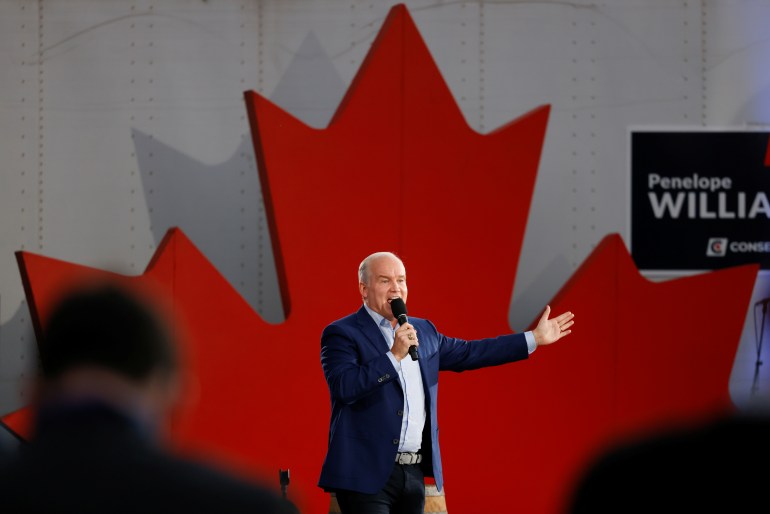Canada's liberals led by outgoing Prime Minister Justin Trudeau won the snap legislative elections on Monday, but failed to achieve the majority they wanted.
Trudeau called in mid-August to hold early elections, in an attempt to regain the majority he lost in 2019.
But the call did not come to fruition, and the results were almost identical to those he obtained two years ago.
The figures indicate that Trudeau's party won about 158 seats in the House of Commons.
These results allow Trudeau to form a minority government, as was the case in 2016, when the electoral law stipulates that 170 seats must be obtained to form a majority government.
Trudeau said the vote count results mean he now has a clear mandate to move forward in running the country amid the coronavirus pandemic.
different results
Trudeau entered Monday's elections leading a stable minority government that is not threatened with overthrow, but he hoped that Canadians would reward him with a majority, because of his ability to weather the Corona pandemic better than other presidents.
But many Canadians saw this election as unnecessary, which may explain why he didn't get results that differed significantly from those his party got two years ago.
Erin O'Toole conceded defeat and congratulated his opponent, Trudeau (Reuters)
The leader of the main opposition Conservative Party, Erin O'Toole, conceded defeat after failing to prevent the Liberal Party from winning a third term in parliament.
Addressing supporters in his constituency outside of Toronto, O'Toole said he called Trudeau to congratulate him.

